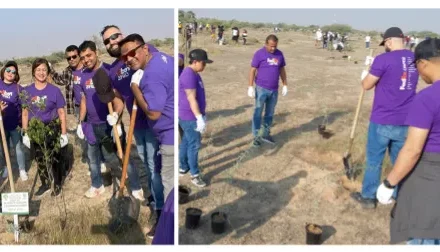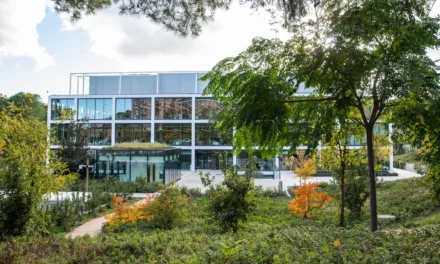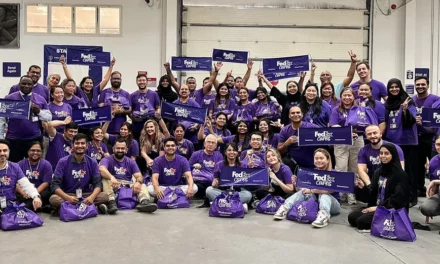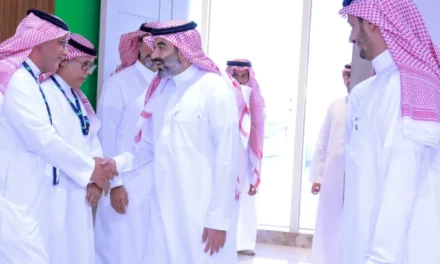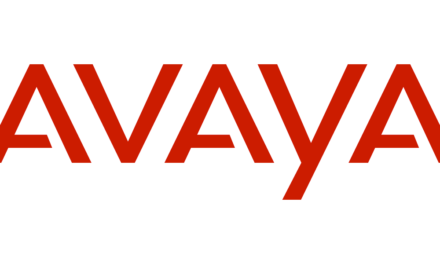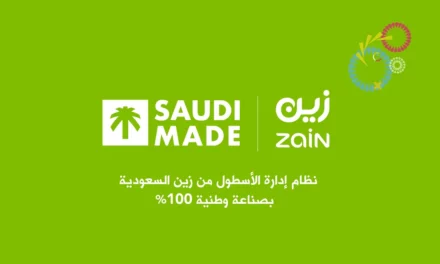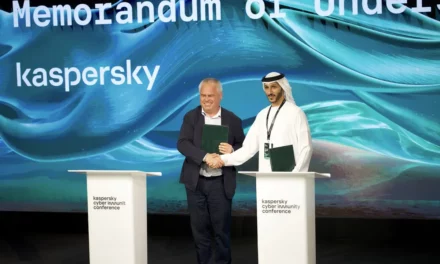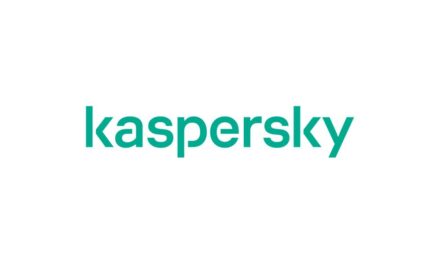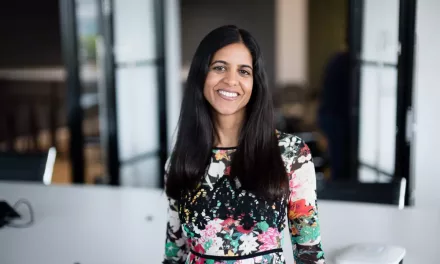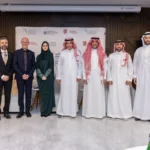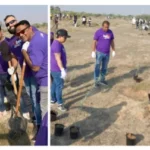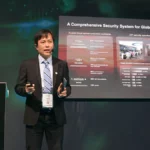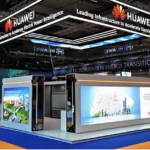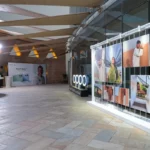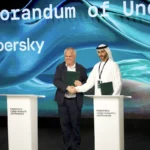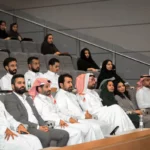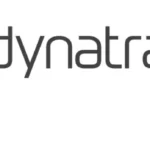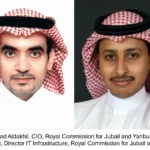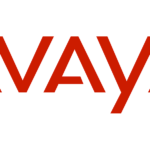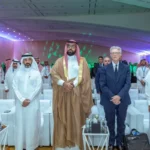
KSA shows high readiness for metaverse as it calibrates on enablers across the board

A new report by BCG in collaboration with Meta looks at MENAT readiness for the metaverse.
Riyadh, January 9, 2023— According to a new report by Boston Consulting Group (BCG) in collaboration with Meta, there is ample ground in the Kingdom of Saudi Arabia (KSA) to leverage ten use cases such as digital twins; augmented tourism; live augmented events; gaming; and more. Recognizing the key role that KSA’s advanced market could play in expanding its metaverse participation, the paper explores policy considerations and best practices for responsible deployment.
Saudi Arabia possesses the key infrastructure needed for the metaverse. Having the 2nd largest gaming sector in the region, the country has committed – including through its comprehensive Vision 2030 strategic plan – to becoming an entertainment hub. It has invested in making this a reality. With 98% of individuals using the internet, 98% of the population covered by at least a 4G mobile network, and an average of 1.2 active mobile broadband subscriptions per inhabitant, opportunities to calibrate on metaverse use cases are plentiful.
“Saudi Arabia shows high readiness for metaverse adoption across key enablers, although some gaps remain in SME readiness, ICT talent and cryptocurrency. Technology is critical but is just one piece of this broader ecosystem required to unlock the metaverse and will fall under key pillars: reliable and accessible infrastructure, cheaper and better technology, user base adoption, content creation, a functioning economy, and – foundational to it all – regulation,” said Leila Hoteit, Managing Director & Senior Partner, BCG.
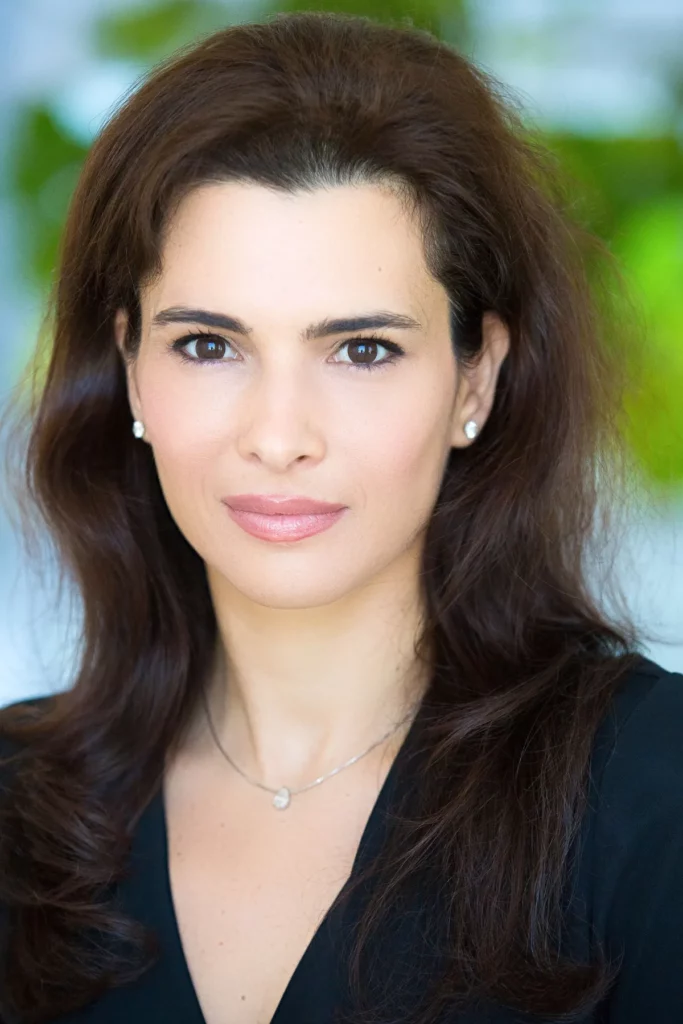

Based on market size, growth potential, and government focus, the report, titled “Creating a New Reality: The Metaverse in MENAT,” examines the ten most relevant use cases in Saudi Arabia. These include virtual collaboration, digital skilling/training; enhanced education, telehealth; digital twins; augmented tourism; live augmented events; gaming; virtual and augmented shopping, and virtual assets.
“Along with others, we’re building the metaverse to be something that billions can benefit from. We are investing in establishing an ecosystem for the metaverse and supporting programs and research focused on making the metaverse accessible to more people. This is why we are collaborating and working across industry, the public sector, academia and civil society, from this early stage, with companies such as BCG. Through a collaborative approach, we are working on principles and expectations to guide these new technologies as they are built and identifying areas where we can help advance the ecosystem. Together we are ensuring that the enthusiasm for the potential of these technologies is accompanied by a rigorous focus on developing them collaboratively and responsibly.” said Joelle Awwad, Head of Public Policy Programs at Meta in the Middle East North Africa and Turkey.
The applications of early metaverse platforms are already moving beyond the gaming experience, expanding rapidly into other high-impact sectors like healthcare training, education, and tourism. In the long term, several types of enablers must be in place for the metaverse to develop and function further, each one building on the previous and generating momentum that advances the entire system.
The Potential of Metaverse
Business leaders, technologists and investors foresee enormous economic potential in the metaverse. As with many aspects of the metaverse, precise figures vary widely depending on the source. BCG estimates a total global metaverse market opportunity to reach up to $400 billion by 2025. Most of this will be in the virtual-asset economy, predicted to rise from $90 billion in 2021 to $150-$300 billion in 2025, with VR/AR/MR ($47 billion), cloud ($28 billion), and network ($19 billion) related products and services comprising the rest of the metaverse market. Beyond revenue upside, the metaverse promises a range of exciting benefits for all types of users as well as the technology companies supporting the back end.
Saudi Arabia is a major start-up investor. In 2021 it made the highest number of VC investments (5 of 10 deals) in MENA-based start-ups of any country in the region. The country has made a $1 billion USD investment in NEOM’s cognitive metaverse, and additional large government investments in technology, including high-speed connectivity and cloud services.
To develop initial use cases, leaders need to understand that these generally fall into three main categories: customer experiences, employee experiences, and industry/operational support. Technology, media, and telecom companies will benefit directly by providing technological enablers, such as 5G, next-generation Wi-Fi or broadband networks, and new operating systems, app stores, and platforms to foster more content creation.
Augmented Tourism
According to the report, the metaverse lies at the intersection of three emerging technologies. The first is M-Worlds, which, in the BCG analysis, refers to immersive systems or platforms used for purposes including gaming, social interaction, and work. The second is Extended Reality (XR), which encompasses augmented reality (AR), virtual reality (VR), Mixed Reality (MR); and the expanding use of Web3 assets enabled by blockchain.
Among its many benefits, metaverse-enabled augmented tourism can enhance and deepen in-person tourism experiences, including through realistic simulations, overlaying additional information, or enabling travelers to share their experiences across distance. These technologies also increase access through lower cost, and more convenience for people with disabilities.
The historic Saudi Arabian city of AlUla is already offering virtual, AR and VR tourist experiences, including a 15-minute VR journey accessed with specialized VR “pods”, 3D tours on the website accessible via desktop, and AR experience.
Real World Risks in a Virtual Realm
The metaverse presents a number of considerations that must be proactively and collaboratively addressed through responsible regulation and policy.
Specific considerations should be examined collaboratively by lawmakers, academics, developers, and companies building for the metaverse to include privacy of personal data and potential for misuse; cybersecurity and cybercrime including virtual identity theft, deepfakes, and data breaches/attacks; magnified impact of cyber harassment and bullying in AR/VR; clarity about property rights and various jurisdictions, e.g., of digital representations; and more.
Tibor Mérey, Managing Director & Partner, BCG Vienna, said: “We are still in the early stages, but experience has taught us that major technological developments must be carefully anticipated and responsibly deployed to be our tools, not our masters. With bold new metaverse applications and content coming onstream every day, now is the time for Saudi Arabia to take stock of the opportunities, considerations, required capabilities and policy implications – and proactively map its path forward.”
“Saudi Arabia ranks 47th in Trust, which is average for the region. However, with 36% of small and medium-sized enterprises (SMEs) reporting no digital presence, it is clear that some gaps remain, particularly for enterprise metaverse users,” concluded Hoteit.
Learn more about the regional findings here.

